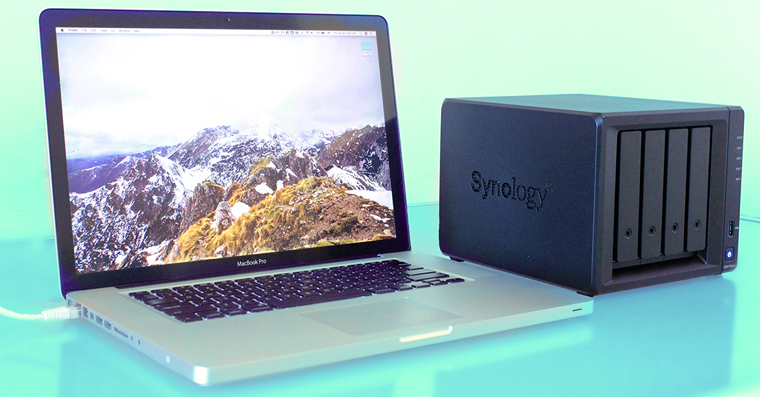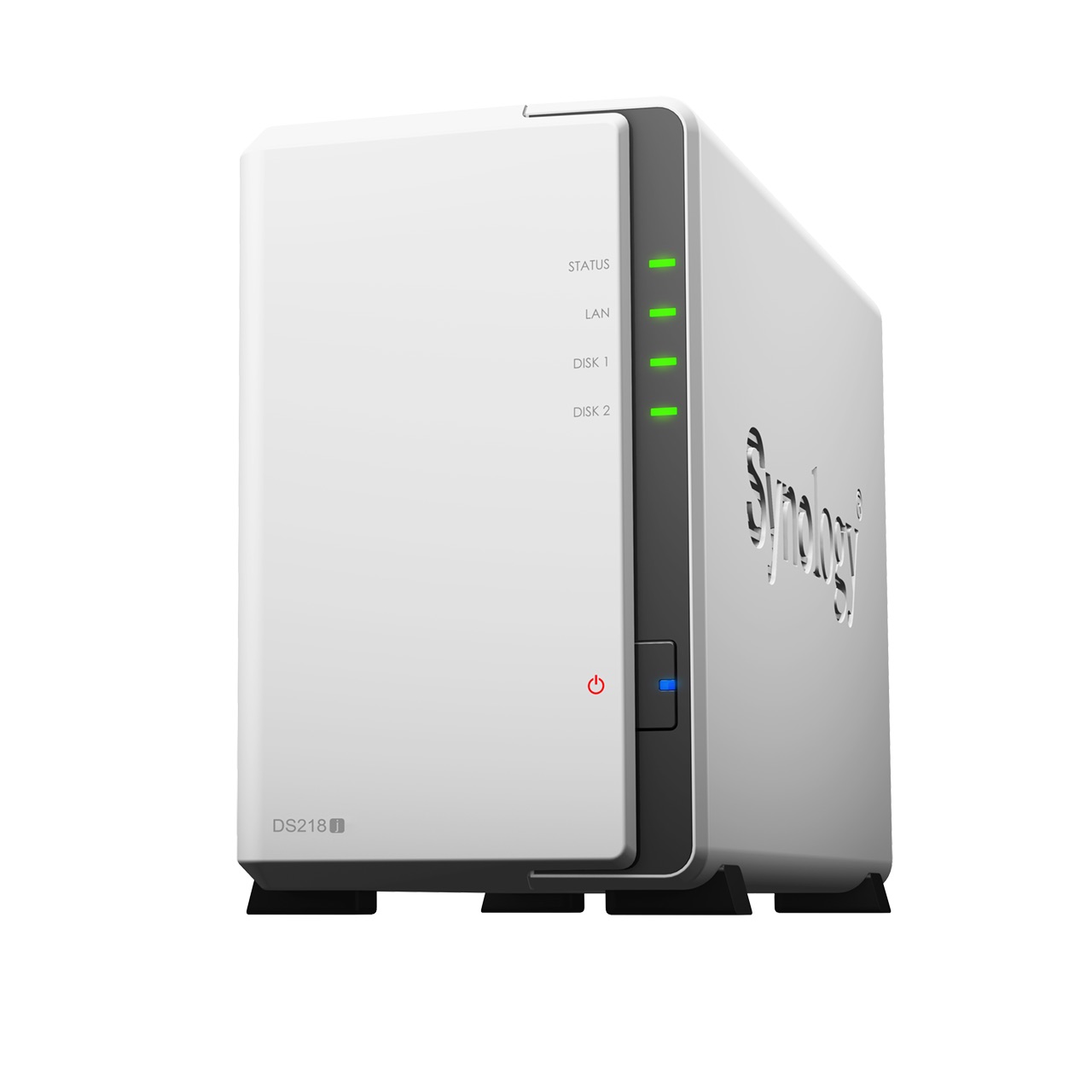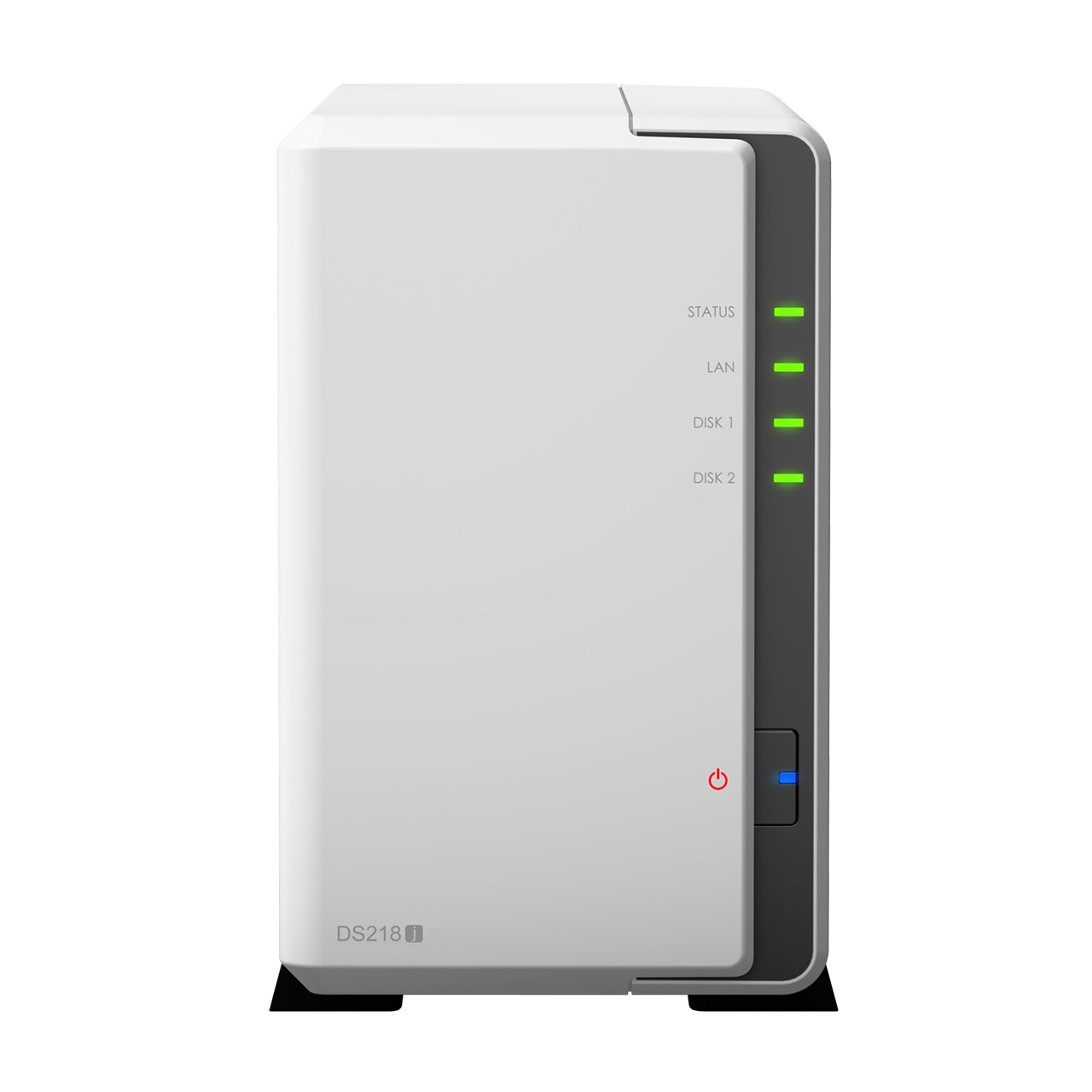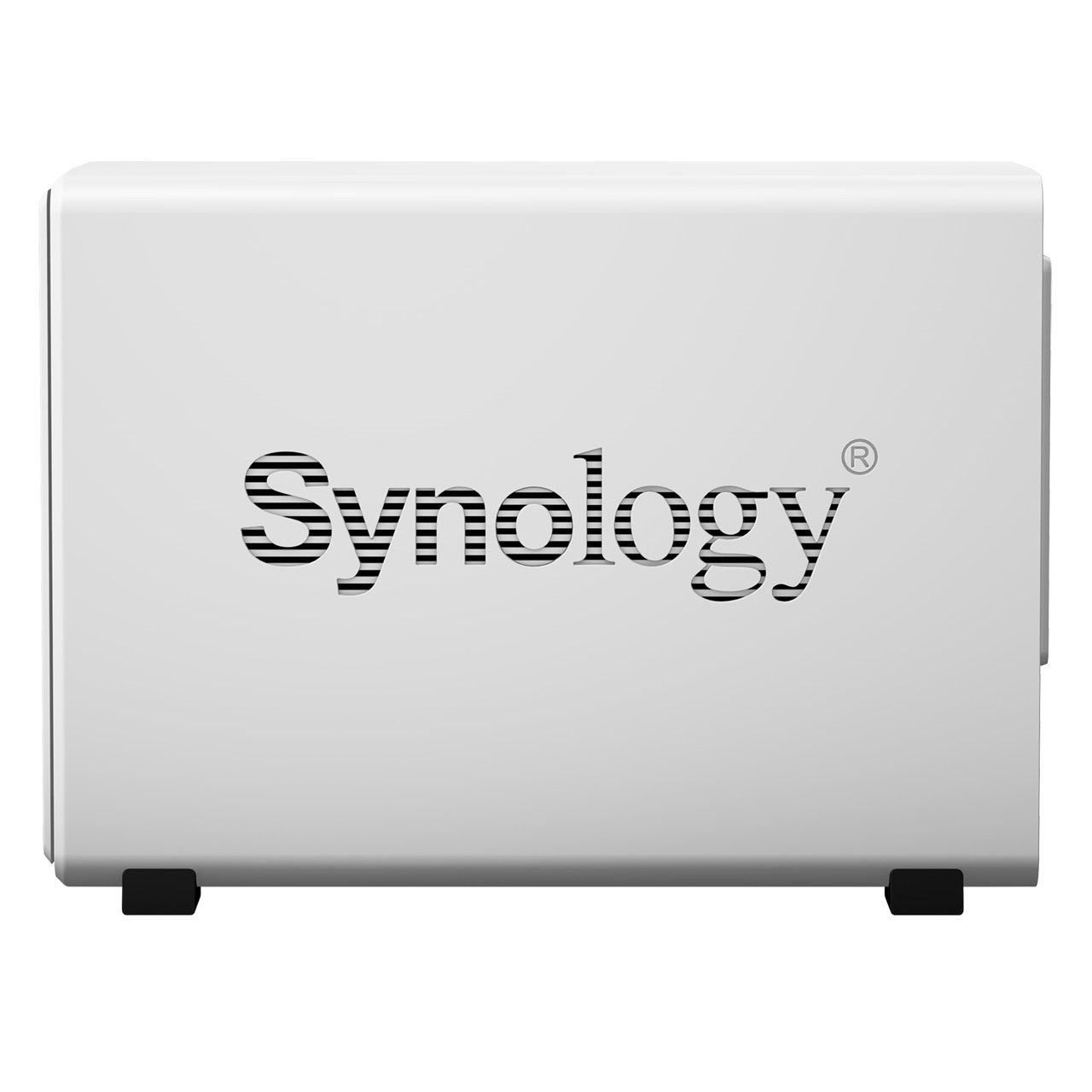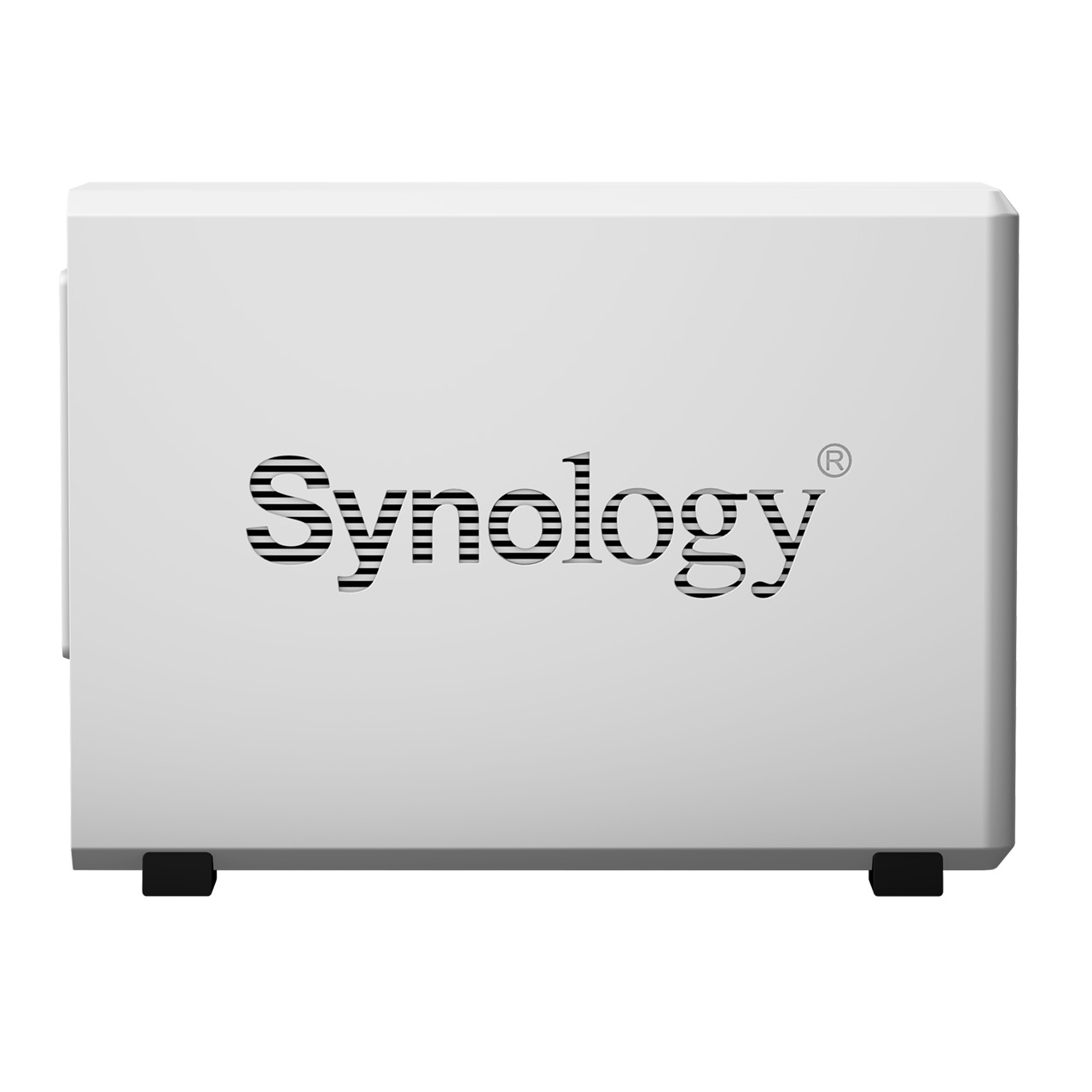There is still a war on the internet about whether a private or public cloud solution is better. To give you an idea, under the term private cloud solution, you can imagine a home NAS server that you have at home, for example from Synology. The public cloud solution is then the classic cloud, represented by services such as iCloud, Google Drive, DropBox and others. In today's article, we will look at the advantages and disadvantages of both of these solutions. We will also try to answer the question of which of these solutions is actually better.
Private cloud vs public cloud
If you are interested in data backup and the general use of the cloud, then you surely know that the topic of private cloud vs public cloud is very hot. Users of different services still argue that their solution is better. They have several arguments at their disposal, some of which are of course correct, but others are completely misguided. Both solutions definitely have something to offer. Public cloud is very popular these days. However, I don't think the word "popular" goes hand in hand with the word "privacy". The public cloud is very easy to use, and many of its users just want to have all their data available anywhere in the world, especially with a stable connection and speed. With a private cloud, you have the certainty that you have a device with your data at home, and whatever happens, your data is not dependent on a company, but only on you. Both solutions have their advantages and disadvantages, and if you think that over time only a public or only a private cloud will emerge, then you are completely wrong.
From the security of private clouds…
The biggest benefit in the case of private clouds is security. As I said before, you know exactly where your data is stored. Personally, my Synology beats above my head in the attic, and I simply know that if I climb up to the attic and look, it will still be there, along with my data. In order for someone to access the data, the entire device would have to be stolen. However, even if the device is stolen, you still have nothing to worry about. The data is locked under the user's password and name, and you also have the additional option of encrypting the data separately. There is also a kind of risk of fire and other natural disasters, but the same applies to public clouds. I still can't help myself, but even though public clouds have to fully respect the law and meet some standards, I still feel better when my data is a few meters away from me than if it is stored on the other side of the hemisphere.
Synology DS218j:
…despite being independent of internet connection speed…
Another great feature that we appreciate in the Czech Republic is independence from connection speed. If you have your NAS device located in a LAN network, you don't have to worry about whether you live in a village and have the slowest Internet connection in the whole country. In this case, the data transfer speed depends on the network bandwidth, i.e. the speed of the hard disk installed in the NAS. Uploading large files to the cloud can therefore take literally a few seconds. In 99% of cases, local data transfer will always be faster than data transfer to a remote cloud, which is limited by the speed of your internet connection.
…right down to the price tag.
Many users also conclude that the public cloud is cheaper than the private one. It depends on how much you pay for the public cloud. It's important to remember that in the case of a public cloud, you pay a certain amount every month (or every year) to the company that runs it. However, if you buy your own NAS station and operate a private cloud, then the costs are only one-time and you practically do not have to worry about anything else. In addition, recently it has been shown that the price difference between public and private cloud is not so dizzying. Many global companies report that they were able to build a private cloud for a similar price as the public cloud. In addition, it turned out that even if public clouds reduced their price by 50%, more than half of the companies would still stick with private solutions. The practical point is that you can have several terabytes of data stored on a private cloud for absolutely free. Renting a cloud with a size of several terabytes from a company is really expensive.
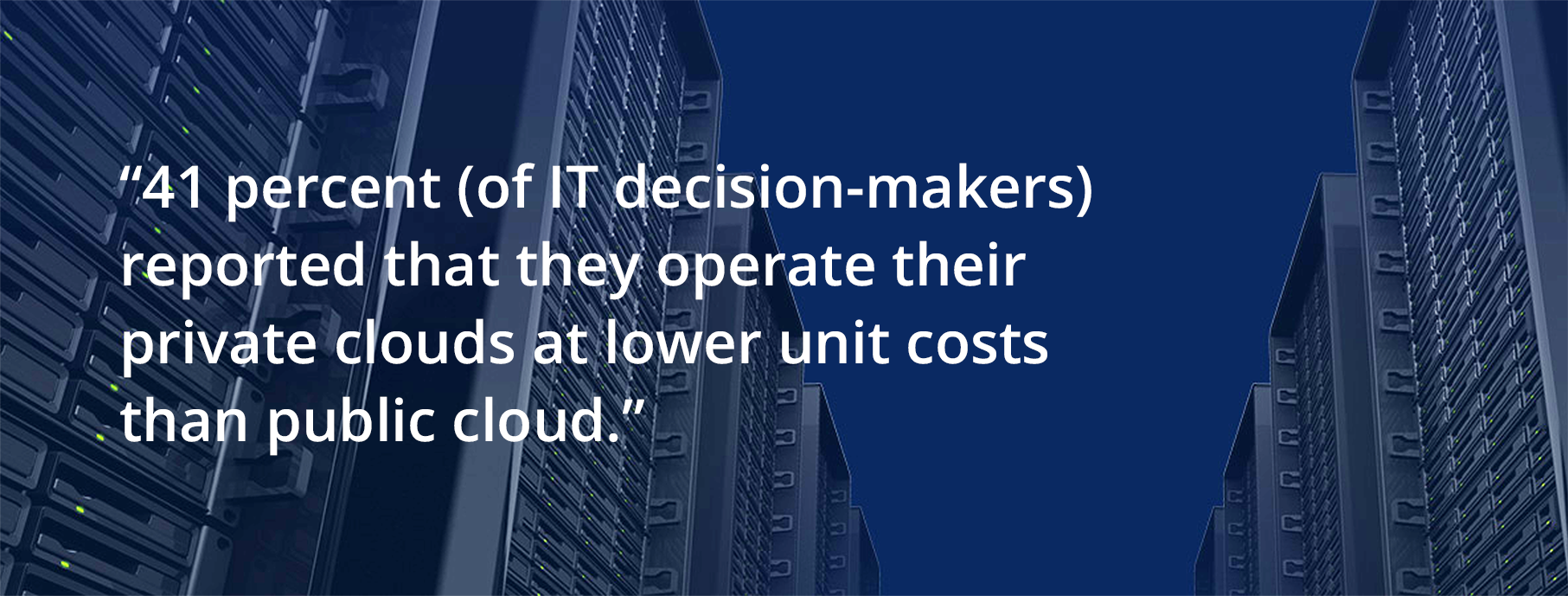
However, even the public cloud will find its users!
So the biggest reason why you should use the public cloud is access virtually anywhere in the world where there is an internet connection. Of course I agree with that, but Synology realized this fact and decided not to leave it alone. You can also turn Synology into a kind of public cloud using the QuickConnect function. Using this function, you create an account, thanks to which you can also connect to your Synology from anywhere in the world.
We currently live in a world in which we will probably never see the unification of public and private clouds. In practice, it is actually impossible. Because you can't force all users of public clouds to download all their data to private clouds, it's simply not possible. So I can assure you that both forms of cloud will be around for a hell of a long time. It is entirely up to you which solution you decide on.
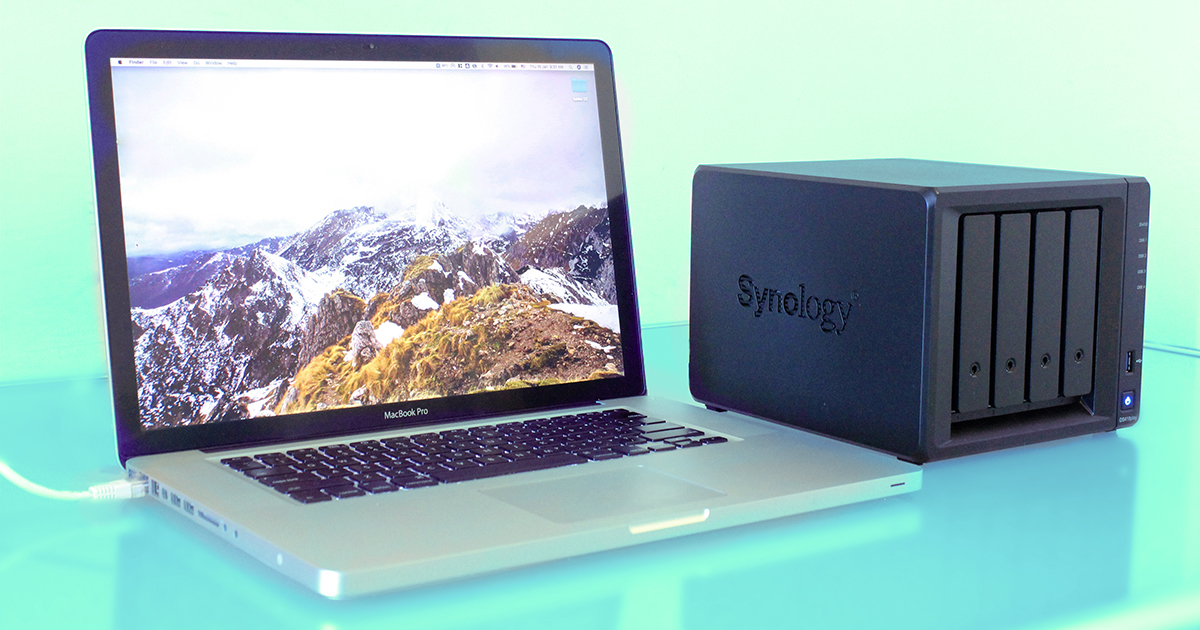
záver
In conclusion, I dare to say that the question of private and public cloud cannot be answered simply. Both solutions have their pros and cons. However, it is best to be aware of your priorities. If you want to be 100% sure that you only have your data in your hands under lock and key, you should choose a private cloud. However, if you require fast access to your files from anywhere, you don't care where your data is stored, so the use of the public cloud is offered. However, if you decide on a private cloud, you should definitely go for Synology. Synology strives to make your data even safer and at the same time offers its users other benefits that can save them a lot of work and time.
